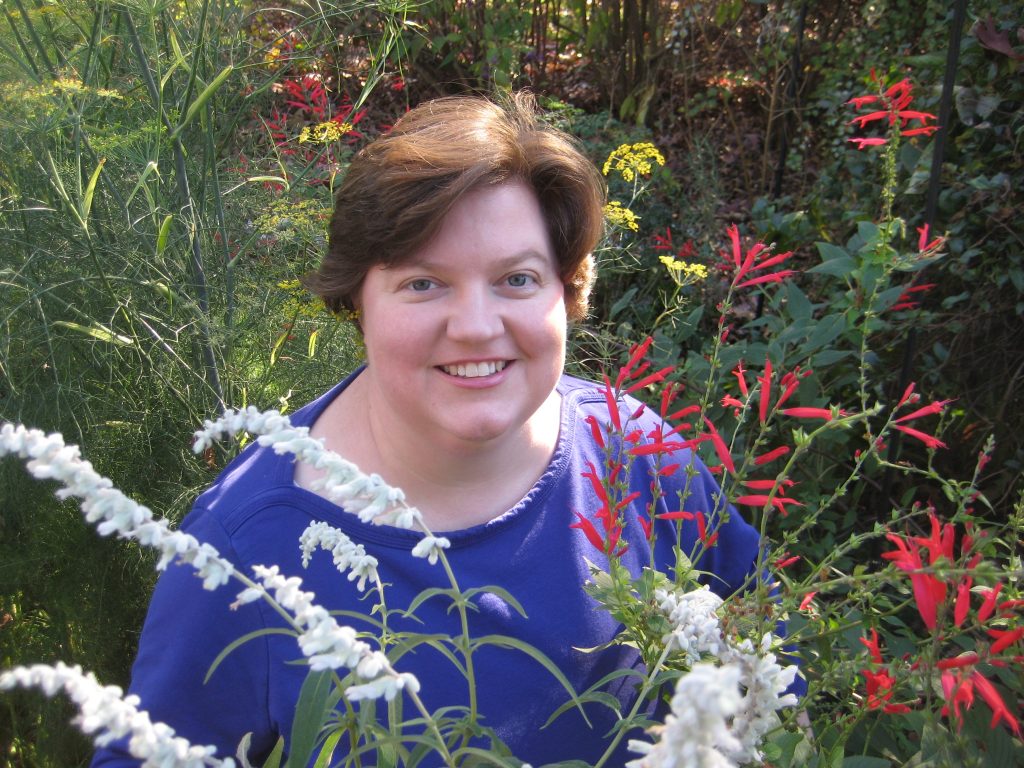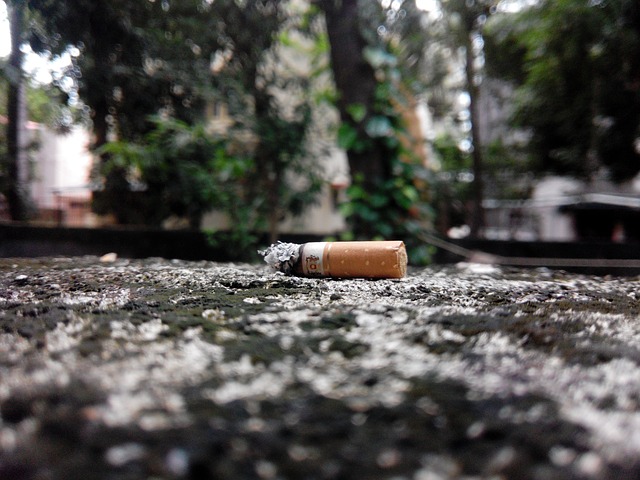It is 1:12 a.m. and while my body aches for sleep, I am still awake, keeping watch on my battered body. And my busy mind. And the charts that keep me safe.
The woman who cuts my hair has two young children and goes to bed at 8:30 p.m. My wife is regularly snoring soon after 9. A colleague swears by her 9:30 bedtime and another counts a good vacation as one during which she is asleep well before 10 every night. A friend has decided that 10 p.m. is the ideal time to get in bed with a good book before dropping off to sleep. By 10 p.m., virtually everyone I know has purposefully headed off to bed. But I remain upright. For hours more, along with college students and third shifters and new parents and, perhaps, certain heads of state who contemplate possible repercussions of various policies or acts. A good night is when I am in bed by 2 a.m.
It began with the pain, the gnawing, tightening, searing pain that flared outwards and created such havoc that not one inch of skin was spared. Changing into pajamas seemed impossible. Lying down seemed madness. So much better to remain standing, rooting the worst of the pain down through my feet.
Pacing the house. Two a.m. wandering is what I call it. When I meet other pain patients, they know exactly what I mean, for there are nights when they do it too. The bad nights. When it seems better to force your eyes open and stand with the awfulness of your current condition, knowing that at least you have survived THIS day with THIS pain. You did it. You made it. You did not give up today. And while it was bad, so much worse than what anyone without pain can possibly imagine, it was ultimately survivable, because here you stand. But tomorrow might not be. It might be worse. That is where my mind goes on the 2 a.m. wandering nights. I am on the lookout, ever vigilant, for any possible disruption to a detailed routine that allows me to exist in some sort of meaningful way. I envy those who live by a creed of Let go and let God, or believe in predetermined fate or are in some way able to accept a miserable situation and move through each new day with no compulsion to plan or expect anything.
Perhaps my expectations are just too high.
So I now stand guard, every light ablaze in the house, my amulet against the surrounding darkness. I stand, adjusting my posture to take pressure off of aching hips. I stand as I create a grocery list. I stand as I paint and I write and I prepare for classes. While standing, I feel powerful. So I stand as I compare my calendars with my daily spreadsheet of medical tasks. It is a carefully balanced act, this life of mine. There is a chart of daily home treatments and stretches and medication ingestion, plus the never-ending appointments in offices and clinics throughout the region. Without my team of healthcare providers and complementary medicine practitioners, I would be unfunctional. They are an absolutely necessary part of my life.
Once a month I travel out of state, sitting for three agonizing hours in the car, for treatment unavailable anywhere else. After staying over at whichever hotel has the best rate that particular week, I make the trip home the next day.
Every office has its own forms, its own culture, its own expectations for patients, and its own appointment scheduling routine. I am grateful that while my physical body has been afflicted, my mind has been largely spared thus far, leaving me with the organizations skills needed to pull off the merry-go-round of interventions that keep me going, that keep me from crying on the couch, that keep me from remaining in bed for days on end with greasifying hair and skin-sloughed sheets. Or worse.
It is full-time work, managing chronic illnesses, requiring patience and ingenuity and negotiation skills—not to mention the time and energy that are so scarce in those of us with heavy medical burdens.
I sometimes feel cursed or, at the very least, unwanted. In one recent week, six different medical offices contacted me to say that my methodically scheduled appointments needed to be changed. I took the calls while standing, then stood before the spreadsheet and prepared to do battle.
The physical therapy receptionist told me that an upcoming appointment I had scheduled weeks in advance was no longer available. The PT’s schedule had changed. I was to be moved to a new therapist at a different time. The decision had been made for me, as if I would have no issue with it, when in fact I did. I had to work during the newly allocated timeslot, at a job I am clinging to with my fingernails, my last vestige of stability and purpose. At least the location hasn’t changed, chirped the receptionist, who seemed somewhat taken aback by my decided lack of enthusiasm for this new schedule. But I needed an appointment, as the treatment gives me some degree of noticeable pain relief each time. So I bargained for a different slot, one that did not interfere with work, and then went about updating my calendars and my spreadsheets. And my expectations.
The acupuncturist’s office closed due to unexpectedly brutal weather, a decision I fully supported. I was able to nab a late afternoon appointment later in the week. (Morning appointments do not suit those of us who keep vampire hours.) This was an easy change, requiring few adjustments.
The dental office closed the following day because of continuing winter weather, whiting out my appointment. This one I also understood. The office closed for everyone’s safety. And my appointment was for just a routine cleaning. This particular office offers online scheduling, which is very convenient for me, when, awake at 1:12 a.m., I was able to use it and select a date later in the month that worked for me.
The rheumatologist’s office also called to cancel my appointment, as there was a snow emergency plan in effect and everyone was advised to stay home. This also made complete sense to me. Until I was told that the next available appointment was two months away. Tears leaked from my eyes. This was an appointment that held great meaning for me, an opportunity to further explore my medical mysteries, but most importantly, solve an insurance issue I had encountered with a medication. The insurance situation could have been solved in about five minutes had I been able to see the doctor in person. Had she been able to call the insurance company on my behalf, with all of the necessary data in front of her. But now, I thought as I hung up, I would need to spend hours on the phone to hopefully emerge with a prescription approval for a medication that, with insurance, costs $100 for a month’s supply. It is one of 12 different prescriptions I take. And then there are the supplements. Some are exorbitantly and laughably expensive, and I am not certain I need each one. But I am too scared to stop some of them, fearful that any such change could make the pain flare once again, above the usual daily onslaught, something I am willing to do most anything to prevent.
The final call came from the pelvic health office, informing me that the appointment I had made many months ago for that very day would need to be changed to a different day. The office is over an hour away. I had to secure a driver as my wife had to work that day and I am unable to drive long distances by myself. When scheduling this appointment, I meticulously picked a day when I did not have to work. The pelvic health doctor would be leaving the practice and this was to be my final visit with her before she turned me over to the new person. No other appointments were available with the soon-to-depart nurse practitioner – not that day, or any other time that week.
What about the new person? I asked. Could she see me today?
No, was the answer. She is fully booked. They both are.
The schedule was somehow screwed up.
Screwed up. To them, it seemed, it was a clerical error, a technical glitch in the system, a piece that did not fit. To me, it represented months of planning. I had already sent in my blood work results from other specialists, visit notes from other providers, and the document I create for every medical visit, with clearly listed updates and bulleted questions so that busy medical professionals can perhaps be prepared for me, the medical unicorn, who appears in their office regularly. She had all of this material. We had communicated back and forth via the “portal” used by the office. And then the call came in. I would not be able to say goodbye. And the new person could not see me for two months. Because of a clerical error that had nothing to do with me, my schedule was in ruins.
Others were worrying about their smashed March Madness brackets. I was looking at my schedule and wondering how my careful, methodical efforts to manage my elusive illnesses had come to this. I found myself on my knees, an unusual position for me these days as middle age has seemingly morphed my bones in a way that makes kneeling incredibly painful, with bony protrusions just below each knee that mock me. But there I was, on the floor, defeated. All of the planning had come to naught. I would need to start again.
So I slowly stood.
And prepared to begin my nightly watch.
 Sarah Bigham teaches, writes, and paints in Maryland where she lives with her kind chemist wife, their three independent cats, an unwieldy herb garden, several chronic pain conditions, and near-constant outrage at the general state of the world tempered with love for those doing their best to make a difference. A Pushcart nominee, Sarah’s poetry, fiction, and nonfiction have appeared in a variety of great places for readers, writers, and listeners. Find her at www.sgbigham.com.
Sarah Bigham teaches, writes, and paints in Maryland where she lives with her kind chemist wife, their three independent cats, an unwieldy herb garden, several chronic pain conditions, and near-constant outrage at the general state of the world tempered with love for those doing their best to make a difference. A Pushcart nominee, Sarah’s poetry, fiction, and nonfiction have appeared in a variety of great places for readers, writers, and listeners. Find her at www.sgbigham.com.


 Elizabeth Ruth Deyro is a Filipina writer and student-director from the University of the Philippines Los Baños. She is the Editor-in-Chief and Creative Director of two forthcoming literary journals, both set to be launched in 2018. Currently, she is the fiction editor of Rag Queen Periodical, essay editor of Cauldron Anthology, and prose editor of Minute Magazine and Culaccino Magazine. Her work has appeared in or is forthcoming from Ellipsis Zine, Black Napkin Press, Laurel Magazine, {m}aganda Magazine, Jellyfish Review, and The Tempest, among others. Find out more about her at
Elizabeth Ruth Deyro is a Filipina writer and student-director from the University of the Philippines Los Baños. She is the Editor-in-Chief and Creative Director of two forthcoming literary journals, both set to be launched in 2018. Currently, she is the fiction editor of Rag Queen Periodical, essay editor of Cauldron Anthology, and prose editor of Minute Magazine and Culaccino Magazine. Her work has appeared in or is forthcoming from Ellipsis Zine, Black Napkin Press, Laurel Magazine, {m}aganda Magazine, Jellyfish Review, and The Tempest, among others. Find out more about her at 
 Jen Rouse’s poems have appeared in Poetry, The Inflectionist Review, Midwestern Gothic, the CDC Poetry Project, Sinister Wisdom, Anti-Heroin Chic, Crab Fat Magazine, Up the Staircase, and elsewhere. She was named a finalist for the Mississippi Review 2018 Prize Issue and was the winner of the 2017 Gulf Stream Summer Contest Issue. Rouse’s chapbook, Acid and Tender, was published in 2016 by Headmistress Press. Find her at
Jen Rouse’s poems have appeared in Poetry, The Inflectionist Review, Midwestern Gothic, the CDC Poetry Project, Sinister Wisdom, Anti-Heroin Chic, Crab Fat Magazine, Up the Staircase, and elsewhere. She was named a finalist for the Mississippi Review 2018 Prize Issue and was the winner of the 2017 Gulf Stream Summer Contest Issue. Rouse’s chapbook, Acid and Tender, was published in 2016 by Headmistress Press. Find her at